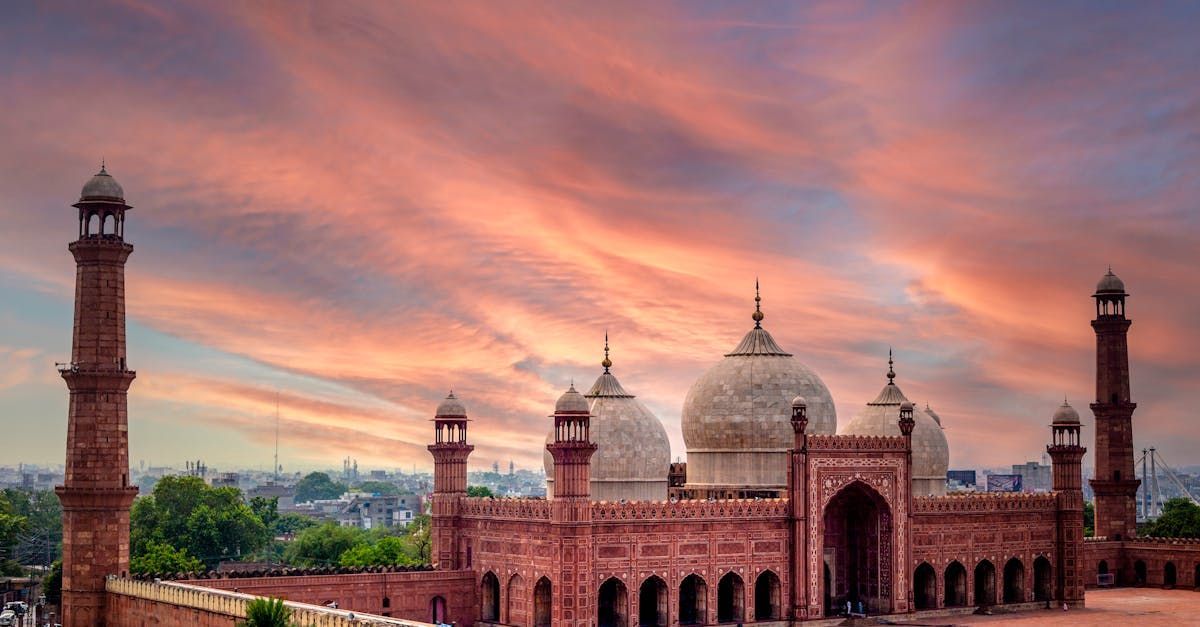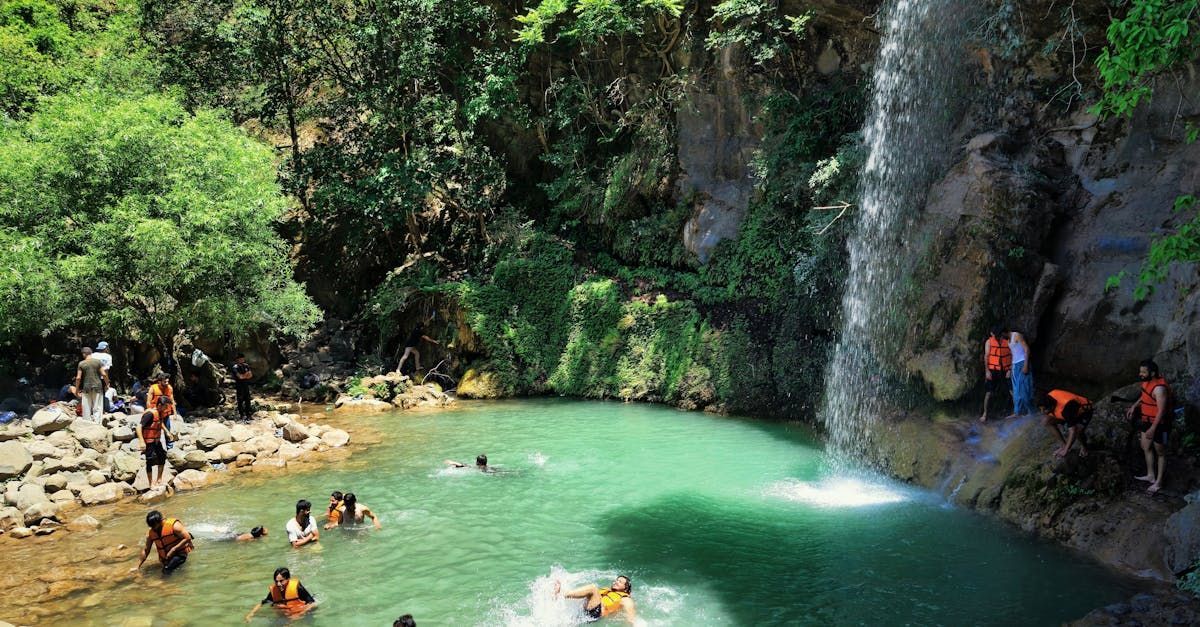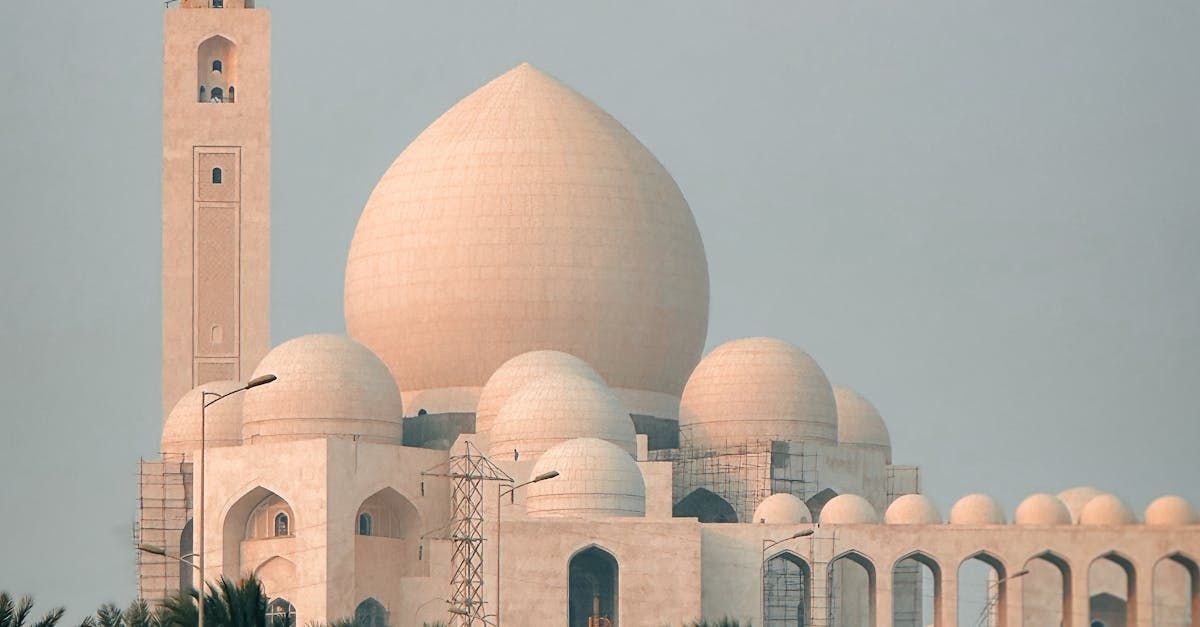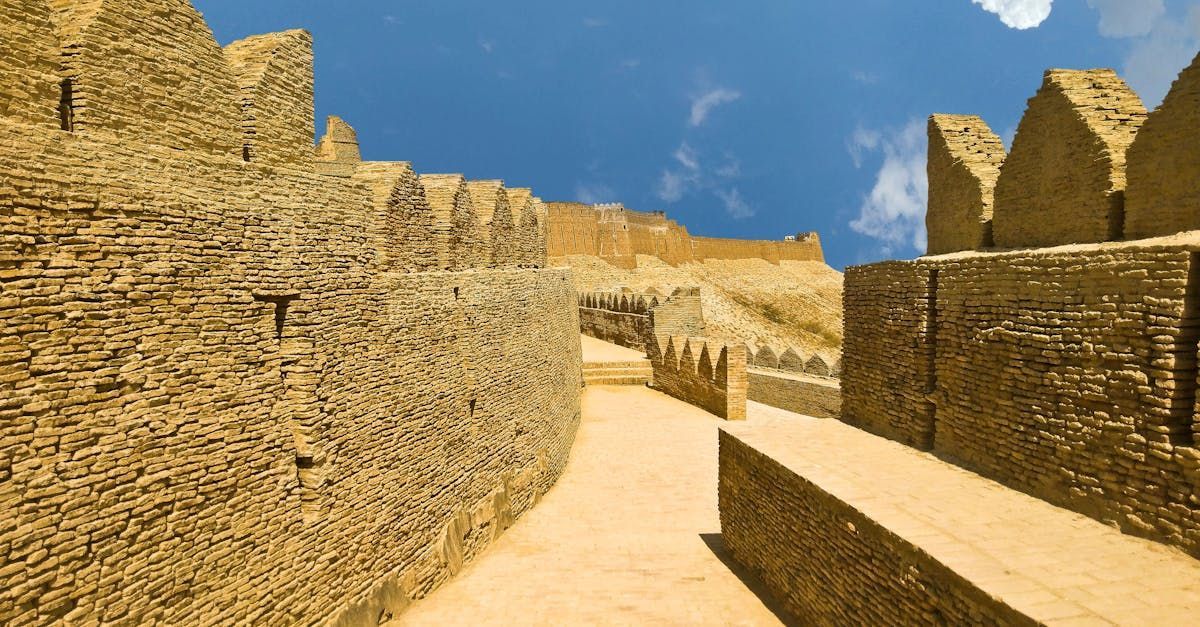Pakistan
“It's beautiful, it's Pakistan”

Pakistan Travel Overview
Pakistan is a country located in South Asia, bordered by India, China, Afghanistan, and Iran. With its rich history, diverse culture, and breathtaking natural beauty, Pakistan is a fascinating destination for travelers. From the ancient Indus Valley Civilization to the modern-day cities, Pakistan has a lot to offer.
Must-Visit Destinations
• Hunza Valley: Known for its picturesque landscapes, snow-capped mountains, and ancient culture.
• Lahore: The cultural hub of Pakistan, with its Mughal architecture, vibrant markets, and delicious food.
• Karachi: The largest city in Pakistan, with its beautiful beaches, historic monuments, and bustling markets.
• Skardu: The highest valley in the world, offering breathtaking views of the Himalayas and Karakoram ranges.
• Naran: A picturesque town in the Kaghan Valley, known for its stunning lakes, forests, and trekking opportunities.
• Quetta: The capital of Balochistan province, with its rich history, natural beauty, and unique culture.
• Mohenjo-Daro: An ancient city of the Indus Valley Civilization, listed as a UNESCO World Heritage Site.
• Taxila: A historic city and archaeological site, with its ancient ruins and museums.
Best Time to Visit
Pakistan has a varied climate, with hot summers and cold winters. The best time to visit depends on the region:
Summer (April to September): Ideal for visiting northern regions like Hunza and Skardu.
Autumn (September to November): Best time to visit central regions like Lahore and Peshawar.
Winter (December to February): Perfect for visiting southern regions like Karachi and Quetta.
Getting Around
Pakistan has an extensive network of roads, buses, and trains. However, traveling by air is often the most convenient option.
• Flights: Domestic flights connect major cities like Karachi, Lahore, Islamabad, and Peshawar.
• Buses: Private and government-run buses operate on major routes.
• Trains: Rail networks connect major cities like Lahore and Karachi.
• Taxis: Available in major cities, but negotiate the fare beforehand.
Accommodation
Pakistan has a range of accommodation options, from budget-friendly guesthouses to luxurious hotels.
• Budget-friendly options: Guesthouses and hostels are available in most cities.
• Mid-range options: Hotels and resorts offer comfortable stays at affordable prices.
• Luxury options: High-end hotels and resorts offer luxurious amenities and services.
Safety Tips
Pakistan has a reputation for being a challenging country to travel in. However, with some precautions, you can have a safe and enjoyable trip.
• Research: Learn about local customs, laws, and safety concerns before traveling.
• Stay informed: Stay up-to-date with local news and events.
• Be cautious: Avoid traveling alone at night or carrying large amounts of cash.
• Respect local culture: Dress modestly and respect local customs.
Health and Vaccinations
Pakistan has a moderate risk of health concerns like malaria and dengue fever. Consult your doctor before traveling and take necessary precautions.
• Vaccinations: Consult your doctor about recommended vaccinations like malaria prophylaxis.
• Medications: Bring essential medications and consult your doctor before traveling.
• Water quality: Avoid drinking tap water and opt for bottled or filtered water instead.
Language
Urdu is the official language of Pakistan, but English is widely spoken.
• Language tips: Learn basic Urdu phrases like "hello" (as-salamu alaykum), "thank you" (shukriya), and "goodbye" (khuda hafiz).
• English signs: Many signs are written in English, making it easier for English-speaking travelers.
With its rich history, diverse culture, and breathtaking natural beauty, Pakistan is a fascinating destination for travelers. By following these tips and taking necessary precautions, you can have a safe and enjoyable trip in this incredible country.

Things to Do in Pakistan
Pakistan is a country with a rich history, diverse culture, and breathtaking natural beauty. Here are some things to do in Pakistan:
• Explore the ancient cities: Visit Mohenjo-Daro, Taxila, and Lahore to explore the ancient cities of the Indus Valley Civilization.
• Trek in the Himalayas: Pakistan is home to some of the highest mountains in the world, including K2, Nanga Parbat, and Rakaposhi.
• Visit the Fairy Meadows: A beautiful meadow surrounded by towering mountains, perfect for hiking and camping.
• Take a trip to the Hunza Valley: Known for its picturesque landscapes, snow-capped mountains, and ancient culture.
• Go on a safari: Pakistan is home to several national parks, including the Deosai National Park and the Ayub National Park.
• Visit the Mughal Empire: Explore the Mughal Empire's historical sites, including the Lahore Fort and the Shalimar Gardens.
• Try local cuisine: Pakistan is known for its delicious cuisine, including dishes like kebabs, biryani, and haleem.
• Attend a cultural festival: Pakistan has a rich cultural heritage, with many festivals and events throughout the year.
• Visit the Quaid-e-Azam Museum: A museum dedicated to the life and legacy of Muhammad Ali Jinnah, the founder of Pakistan.
• Go shopping: Pakistan has a vibrant shopping scene, with many markets and bazaars selling everything from handicrafts to clothing.
Best Time to Visit
Pakistan has a varied climate, with hot summers and cold winters. The best time to visit depends on the region:
• Summer (April to September): Ideal for visiting northern regions like Hunza and Skardu.
• Autumn (September to November): Best time to visit central regions like Lahore and Peshawar.
• Winter (December to February): Perfect for visiting southern regions like Karachi.
Safety Tips
Pakistan has a reputation for being a challenging country to travel in. However, with some precautions, you can have a safe and enjoyable trip.
• Research: Learn about local customs, laws, and safety concerns before traveling.
• Stay informed: Stay up-to-date with local news and events.
• Be cautious: Avoid traveling alone at night or carrying large amounts of cash.
• Respect local culture: Dress modestly and respect local customs.
Health and Vaccinations
Pakistan has a moderate risk of health concerns like malaria and dengue fever. Consult your doctor before traveling and take necessary precautions.
• Vaccinations: Consult your doctor about recommended vaccinations like malaria prophylaxis.
• Medications: Bring essential medications and consult your doctor before traveling.
• Water quality: Avoid drinking tap water and opt for bottled or filtered water instead.
Recommended Tours
Pakistan has a lot to offer, and there are many tours that can help you explore this incredible country. Here are some recommended tours:
• Classic Pakistan Tour: A 7-day tour that explores the ancient cities of Lahore, Taxila, and Mohenjo-Daro.
• Hunza Valley Tour: A 5-day tour that explores the picturesque landscapes of Hunza Valley, including Attabad Lake and Passu Cathedral.
• Himalayan Trekking Tour: A 10-day tour that takes you on a trek through the Himalayas, including climbs to peaks like K2 and Nanga Parbat.
• Fairy Meadows Tour: A 5-day tour that takes you on a trek to the Fairy Meadows, surrounded by towering mountains and scenic landscapes.
• Deosai National Park Tour: A 3-day tour that explores the stunning landscapes of Deosai National Park, home to the Himalayan brown bear and other wildlife.
• Mughal Empire Tour: A 7-day tour that explores the historical sites of the Mughal Empire, including Lahore Fort and Shalimar Gardens.
• Pakistan Food Tour: A 5-day tour that takes you on a culinary journey through Pakistan's diverse cuisine.
• Pakistan Cultural Festival Tour: A 7-day tour that explores Pakistan's vibrant cultural heritage, including traditional music, dance, and festivals.
By following these tips and taking necessary precautions, you can have a safe and enjoyable trip in Pakistan.

Fast Facts about Pakistan Travel
Geography
• Pakistan is located in South Asia, bordered by India, China, Afghanistan, and Iran.
• It has a total area of 796,095 square kilometers (307,374 sq mi).
• The country has a diverse geography, including mountains, deserts, and coastal plains.
Population
• Pakistan has a population of over 216 million people.
• The majority of the population is Muslim (96.3%), with a small minority of Christians (2.5%) and Hindus (1.5%).
Language
• Urdu is the official language of Pakistan, but English is widely spoken.
• Pakistan has a diverse linguistic landscape, with many regional languages including Punjabi, Pashto, Sindhi, and Balochi.
Currency
• The Pakistani rupee (PKR) is the official currency of Pakistan.
• You can exchange currency at banks, currency exchange offices, or ATMs.
Climate
• Pakistan has a hot desert climate in the south and a temperate climate in the north.
• The country experiences extreme weather conditions, including scorching heat during summer and freezing temperatures during winter.
Time Zone
• Pakistan is in the Pakistan Standard Time (PKT) zone, which is UTC+5.
Power Outages
• Power outages are common in Pakistan, especially during summer months.
• Bring a portable power bank to keep your devices charged.
Internet
• Internet access is widely available in Pakistan, but speeds can be slow.
• Bring a VPN to stay connected with your loved ones back home.
Health and Safety
• Vaccinations are recommended before traveling to Pakistan.
• Take necessary precautions to avoid illness and injury, including avoiding tap water and raw fruits and vegetables.
Visa Requirements
• Citizens of many countries need a visa to enter Pakistan.
• Check with your local embassy or consulate to determine if you need a visa and to obtain one.
Best Time to Visit
• The best time to visit Pakistan depends on the region:
+ Summer (April to September): Ideal for visiting northern regions like Hunza and Skardu.
+ Autumn (September to November): Best time to visit central regions like Lahore and Peshawar.
+ Winter (December to February): Perfect for visiting southern regions like Karachi.
Tipping Culture
• Tipping is not mandatory in Pakistan, but it's appreciated for good service.
• A 5-10% tip is considered standard for restaurants and bars.
Customs
• Dress modestly when visiting mosques or other religious sites.
• Remove your shoes when entering mosques or homes.
• Learn basic Urdu phrases like "hello" (as-salamu alaykum), "thank you" (shukriya), and "goodbye" (khuda hafiz).

Travel Tips For Pakistan
Before You Go
• Research, research, research: Learn about Pakistan's culture, customs, and laws.
• Check your visa requirements: Make sure you have a valid visa before traveling.
• Pack accordingly: Bring comfortable clothing, sturdy shoes, and layers for changing weather conditions.
• Bring essential documents: Carry a copy of your passport, visa, and travel insurance documents.
Language
• Urdu is the official language, but many Pakistanis also speak English.
• Learn basic Urdu phrases like "hello" (as-salamu alaykum), "thank you" (shukriya), and "goodbye" (khuda hafiz).
• Download a translation app on your phone to help with communication.
Transportation
• Use reputable taxi services or hire a driver for the day.
• Negotiate prices before hiring a driver or taking a taxi.
• Use public transportation like buses and trains, but be prepared for crowded and potentially chaotic conditions.
• Consider renting a car with a driver for longer trips.
Safety
• Be aware of your surroundings and avoid traveling alone at night.
• Avoid carrying large amounts of cash and use ATMs instead.
• Keep valuables secure and avoid leaving them unattended.
• Avoid discussing politics or religion with locals.
Food and Drink
• Try local cuisine like kebabs, biryani, and haleem.
• Avoid eating from street vendors or unhygienic restaurants.
• Drink bottled or filtered water to avoid getting sick.
• Avoid drinking tap water and avoid eating raw fruits and vegetables.
Cultural Etiquette
• Dress modestly when visiting mosques or other religious sites.
• Remove your shoes when entering mosques or homes.
• Avoid pointing with your feet, as it's considered rude.
• Learn to greet people with respect by using both hands and bowing your head.
Health and Hygiene
• Bring necessary medications and consult your doctor before traveling.
• Bring sunscreen and sunhats to protect yourself from the sun.
• Wash your hands frequently to avoid getting sick.
• Avoid touching animals or their waste.
Technology
• Download apps like WhatsApp, Viber, and Skype to stay connected with loved ones back home.
• Bring a portable power bank to keep your devices charged.
• Use a VPN to stay connected with the internet.
Additional Tips
• Be patient and flexible when traveling in Pakistan. Delays are common due to traffic and infrastructure issues.
• Respect local customs and traditions to avoid offending locals.
• Bring a copy of your itinerary and contact information in case of an emergency.
• Consider hiring a guide or tour operator to help you navigate the country.
By following these travel tips, you can have a safe and enjoyable trip to Pakistan. Remember to always be respectful of local customs and traditions, and to prioritize your safety above all else.


